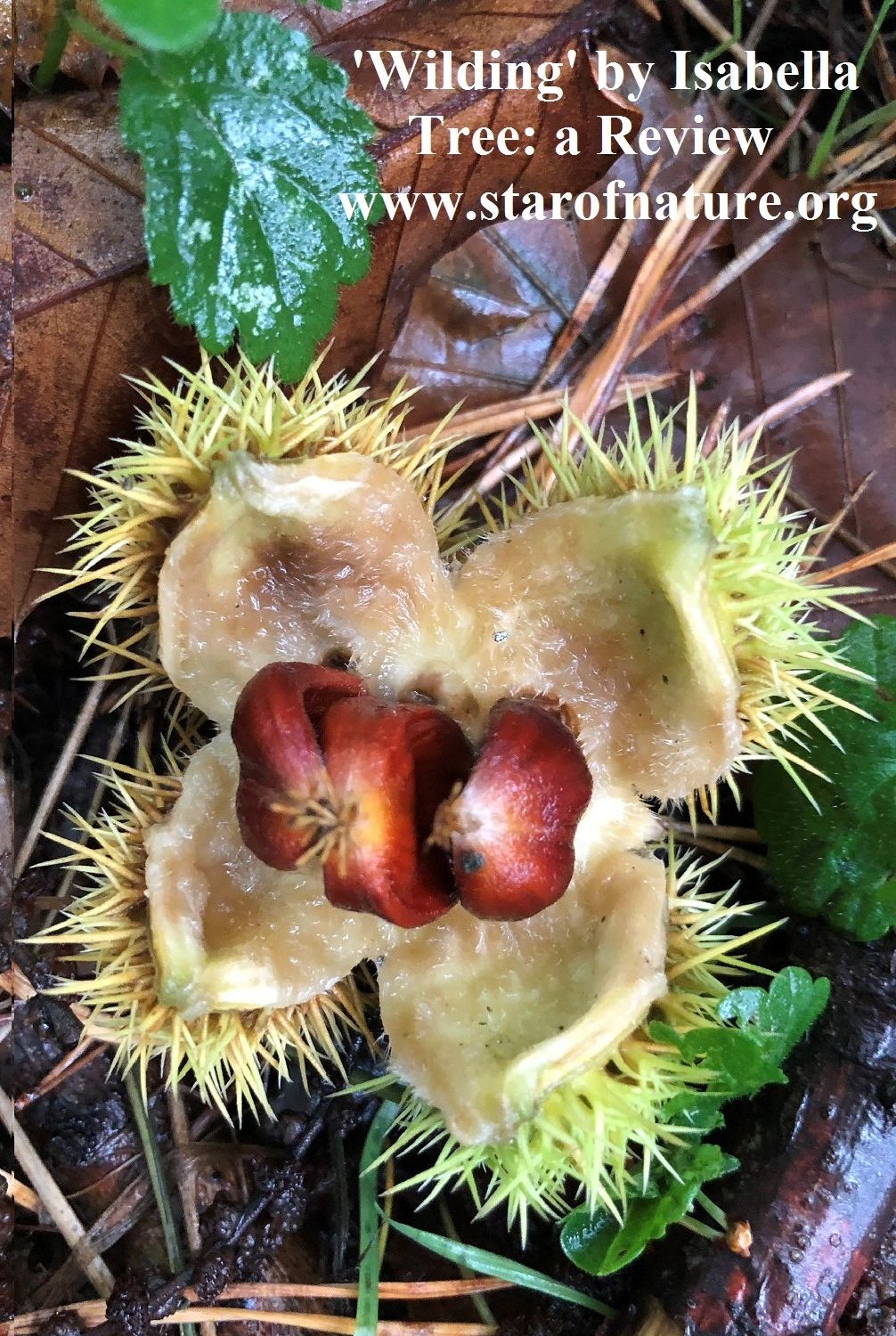
Without animals you have impoverished, static, monotonous habitats with declining species. It’s the reason so many of our efforts at conservation are failing” Dr Frans Vera visiting Knepp in 2017 ©Knepp Wildland

As Vera explained to Charlie and Isabella when they met him, “Without animals you have impoverished, static, monotonous habitats with declining species. Indeed, Vera argues that the richness of the pre-human environment can only be restored if herbivores are free to interact with the landscape. Dr Vera’s thesis is that animals - and especially large herbivores - are essential to creating such biodiverse landscapes. Serendipitously, the start of their project in 2001 coincided with the publication in English of Dutch ecologist Dr Frans Vera’s ground-breaking book Grazing Ecology and Forest History which was causing ructions in the ecological and conservation sciences by insisting that the prehuman landscape was not the long-assumed climax forest but rather a dynamic patchwork of open grassy glades and scrubland driven by foraging and grazing herbivores. Free-living, old-breed longhorn cattle provide many of the ecological functions of the extinct aurochs Furthermore, they have helped overturn a centuries-old assumption that the original landscape of Europe was closed-canopy forest. In so doing, they have demonstrated that ideas taken from vast projects like Yellowstone National Park in the USA and Orstvandarsplassen in the Netherlands, can be successfuly adapted to the more intimate landscape of Southern England.

Piercing this gloom Isabella Tree’s book Wilding shines as a beacon of hope, for it details the remarkable transformation of the 1400-hectare country estate at Knepp Castle in the South of England, owned by her husband Charlie Burrell, from an intensive but ultimately unprofitable mixed rural farm into one of the most important wilderness restoration projects in the world.īiodiversity and landscape management is largely left to natural forces, but importantly this includes large free-roaming herbivores such as deer, ponies and ancient breed cattle which act as a kind of proxy for the extinct megafauna of Britain. The scale of the problem and the daunting task of avoiding what scientists are calling a sixth mass extinction event appears insurmountable. Since 1970 populations of all mammals, birds, reptiles and fish have fallen by an average of 60%, and a recent global review found that 40% of insect species are now facing extinction.

“For anyone suffering from the sense of helplessness in the face of species decline Wilding is a bright clearing in the closed-canopy forest of environmental gloom.”


 0 kommentar(er)
0 kommentar(er)
